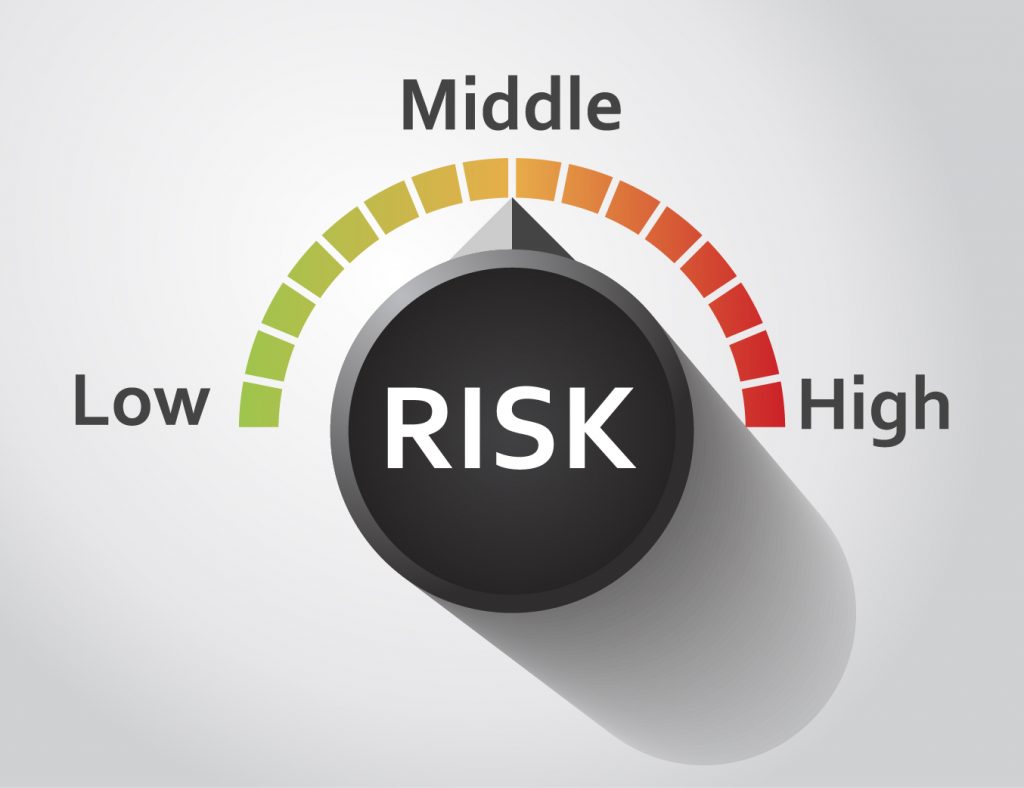August 7, 2018
Smoking increases the relapse rate in patients with relapsing-remitting multiple sclerosis being treated with Tysabri , an observational study suggests.
Multiple sclerosis is a multifactorial disease associated with both genetic and environmental risk factors. Smoking, in particular, has been linked to numerous aspects of MS, including its development and progression.
(continue reading below photo)

In a previous study, the research team looked at how smoking
influences the relapse rate in RRMS patients being treated with interferon
beta. From more than 800 patients, they found that smoking one pack per day
(about 20 cigarettes) essentially interfered with the positive effect of the
IFN-beta treatment and increased the relapse rate by 27%.
influences the relapse rate in RRMS patients being treated with interferon
beta. From more than 800 patients, they found that smoking one pack per day
(about 20 cigarettes) essentially interfered with the positive effect of the
IFN-beta treatment and increased the relapse rate by 27%.
The researchers then questioned whether the same was true for
other treatments.
other treatments.
Tysabri, developed by Biogen, is a monoclonal antibody that
targets the alpha-4 integrin protein. By interfering with this molecule, the
therapy prevents white blood cells from moving into the central nervous system,
suppressing the immune reaction that contributes to MS symptoms.
targets the alpha-4 integrin protein. By interfering with this molecule, the
therapy prevents white blood cells from moving into the central nervous system,
suppressing the immune reaction that contributes to MS symptoms.
In the study, 355 Tysabri-treated RRMS patients from the Danish
Multiple Sclerosis Centre were assessed. To gather information on smoking
habits and body mass index, the patients filled out a 100-question survey. Data
was collected between the start of the treatment and a two-year follow-up
visit.
Multiple Sclerosis Centre were assessed. To gather information on smoking
habits and body mass index, the patients filled out a 100-question survey. Data
was collected between the start of the treatment and a two-year follow-up
visit.
Results showed that smoking one pack of cigarettes per day
increases the relapse rate by 38% in RRMS patients on Tysabri.
increases the relapse rate by 38% in RRMS patients on Tysabri.
This increase in relapse rate takes into account both sex and
age at the start of treatment, since age can affect the relapse rate. For
example, an increase in age by one year raises the number of relapses by 2%.
age at the start of treatment, since age can affect the relapse rate. For
example, an increase in age by one year raises the number of relapses by 2%.
The researchers also looked at the relationship between smoking
and the presence of two immune-related alleles: HLA-DRB1*15:01
and HLA-A*02:01. Previous studies showed that HLADRB1*15:01 is
associated with an increased risk of developing MS, while HLA-A*02:01
is linked to a decreased risk.
and the presence of two immune-related alleles: HLA-DRB1*15:01
and HLA-A*02:01. Previous studies showed that HLADRB1*15:01 is
associated with an increased risk of developing MS, while HLA-A*02:01
is linked to a decreased risk.
Although previous studies reported a link between smoking and
these two alleles in MS patients, the current study did not find an association
between smoking and carrying either of these alleles.
these two alleles in MS patients, the current study did not find an association
between smoking and carrying either of these alleles.
Based on the results, the researchers concluded that
smoking significantly increases the relapse rate in RRMS patients receiving
Tysabri.
smoking significantly increases the relapse rate in RRMS patients receiving
Tysabri.
According to the team, the results “add important
information that hopefully will sharpen the focus on the
overall harmful effects of smoking in MS patients.”
information that hopefully will sharpen the focus on the
overall harmful effects of smoking in MS patients.”
::::::::::::::::::::::::::::::::::::::::::::::::::::::::::::::::::::::::::::::::::::::::::::::::::::::::::::::::::::::::::::::::::::::::::::::::::::::::::::::::::::::::::::::::::::::::::::::::::::::::
Visit our MS Learning Channel on YouTube: http://www.youtube.com/msviewsandnews


